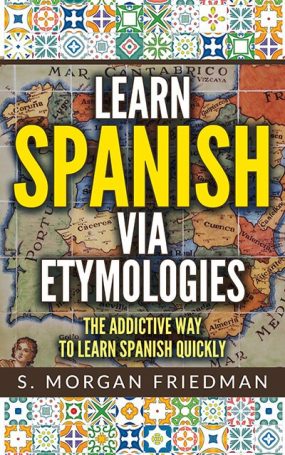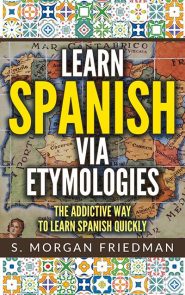
To chisel, and the Spanish salchicha (basically, hot dog) both come from the same root: the Latin secare, meaning “to cut, sever, decide”.
Other English words some from the same Latin root secare, such as dissect.
How did “to cut” turn into “hot dog”? Via the Italian Salsiccia — and if you think about it, the hot dog is indeed just a very finely chiseled piece of meat!
 Thursday and Jueves, like the other days of the week, come from the Germanic and Latin names for the same God: the King of the Gods, the God known as “Zeus” to the Greeks, and sometimes as “Jupiter.”
Thursday and Jueves, like the other days of the week, come from the Germanic and Latin names for the same God: the King of the Gods, the God known as “Zeus” to the Greeks, and sometimes as “Jupiter.”
